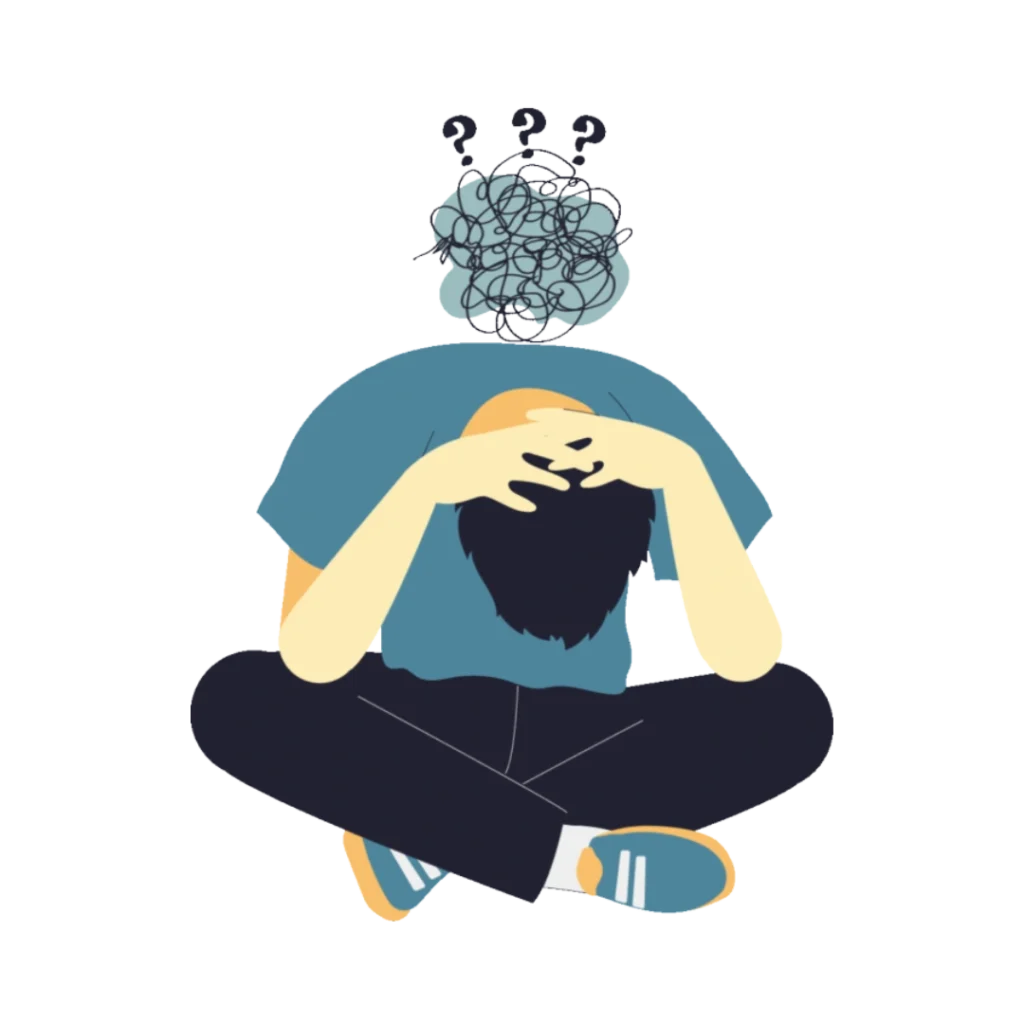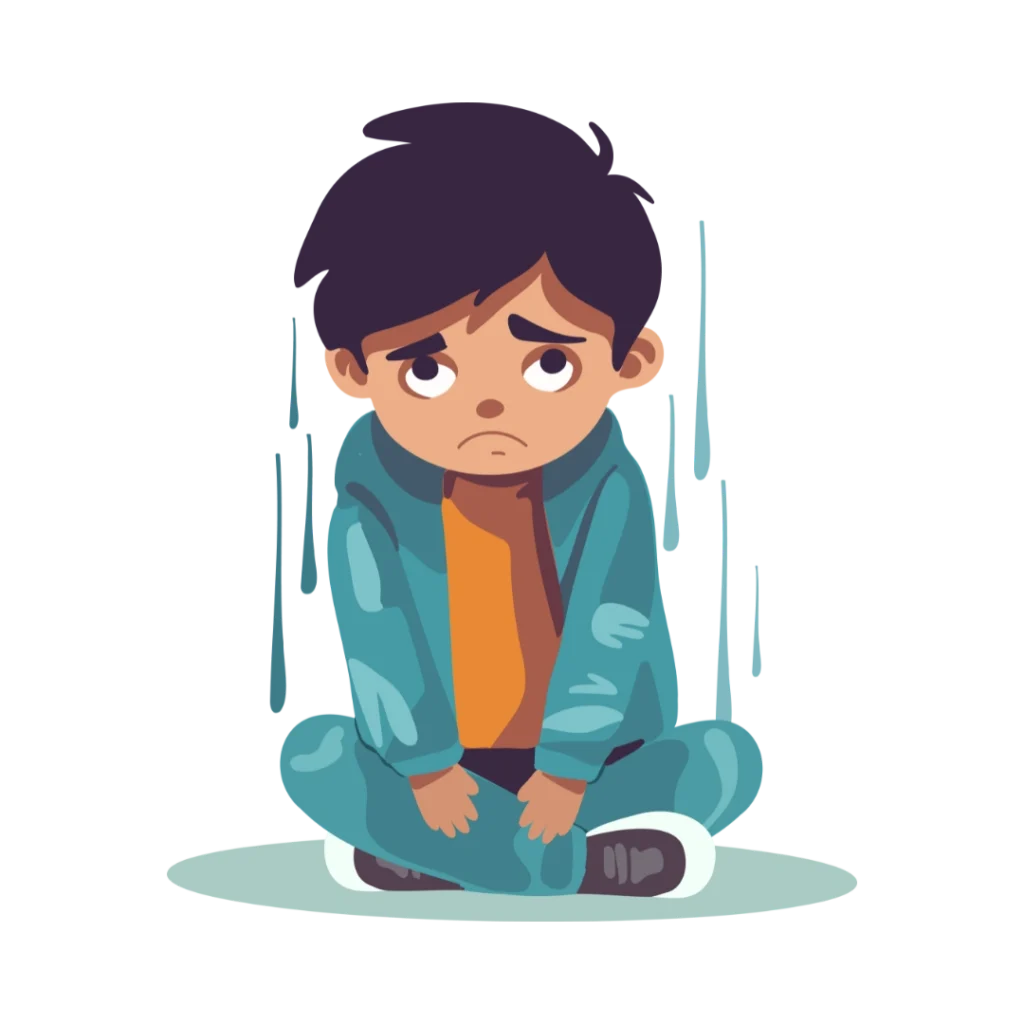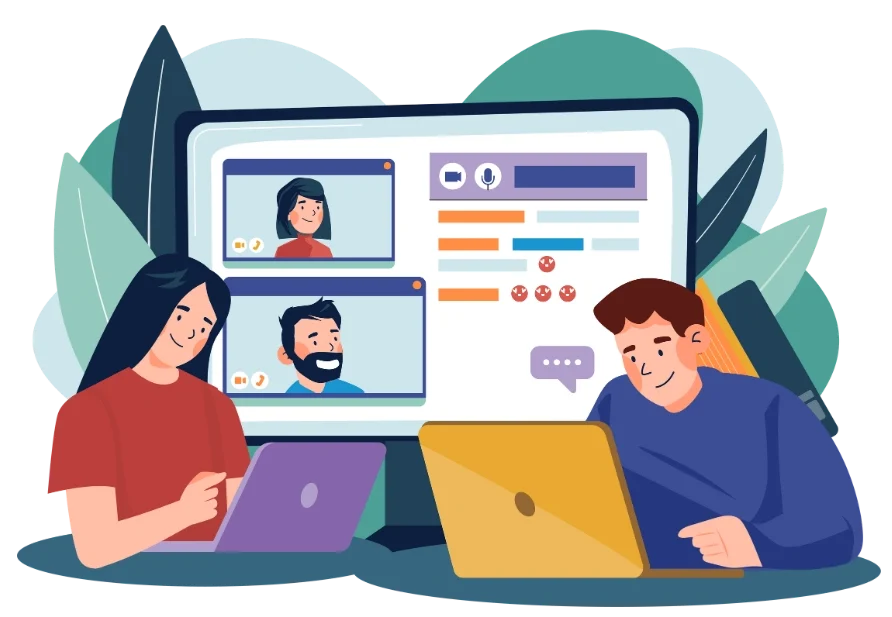Understanding Social Anxiety From Everyday Worries to Finding Relief


What is Social Anxiety?
A form of anxiety disorder known as social anxiety is characterized by worry and uneasiness that is centred on social situations. It’s that overwhelming fear, uneasiness, or tense feeling, especially when it comes to being checked or criticized by others. Although social anxiety is a common occurrence for everyone, it can turn into a problem when it appears as severe, ongoing anxiety that interferes with daily activities and interactions with others.
Symptoms
Physical and emotional symptoms that are brought on by social circumstances are frequently the first signs of social anxiety. Here are a few common ones
Severe fear of being observed or judged
This might show up as an overwhelming concern about being rejected, humiliated, or embarrassed in public.
Physical signs in social situations
When you're around other people, especially strangers, you could feel swollen, sweating, trembling, heart palpitations, feeling dizzy, or breathing problems.
Difficulty starting up or continuing a conversation
Avoiding social engagement entirely or talking to others might be difficult due to the fear of being judged.
Negative self-talk
You may be talking to yourself negatively, highlighting your fears and shortcomings, which reduces your self-esteem and makes you more aware of yourself
Avoiding social situations
Social anxiety might cause you to intentionally stay away from crowds or events, or it can make you scared of being the focus of attention.
Anticipation anxiety
Days or weeks before a social function, you may feel nervous or anxious, which reinforces the never-ending cycle of worry and fear.
Attacks of Panic and Social Anxiety
While panic attacks can occur with social anxiety, they are not the sole indicator. compared to panic episodes, which can be brought on by a variety of circumstances and result in more severe but temporary physical symptoms, social anxiety frequently centres on the fear of being judged.

Treatment
It is possible to control social anxiety, and there are actions you can take to boost your confidence and sense of ease in social settings. The following is a summary of available treatments and self-care techniques:
-
Counselling: For social anxiety, cognitive-behavioral therapy (CBT) is a very successful kind of treatment. With CBT, you can recognize and confront the unfavourable thought patterns that contribute to your social anxiety. You'll also pick up methods for dealing to control your anxiety and improve your social skills.
-
Anxiety-reducing medications: Medication is not always the best course of treatment, but it can be useful occasionally. A physician can determine whether medicine is appropriate for you and suggest a course of action.
-
Relaxation methods: You can significantly decrease your anxiety at the moment by using techniques like progressive muscle relaxation, mindfulness meditation, and deep breathing exercises.
-
Frequent exercise: Exercise naturally improves mood and reduces stress. To enhance your general well-being and control your social anxiety, try to get frequent exercise.
-
Healthy sleeping practices: Try to get 7-8 hours of good sleep per night. Anxiety symptoms may worsen with poor sleep.
-
Limit alcohol and caffeine: These drugs might make you more anxious, so watch how much of them you take.
-
Creating social ties: Anxiety can be increased by social isolation. By establishing connections with dependable friends and family, gradually face avoidance. Think about joining clubs or social groups that revolve around your favourite hobbies.
-
Journaling: Putting your ideas and feelings about social settings down on paper might assist you in recognizing stressors and creating ways to deal with them.
-
Challenge negative thoughts: You can develop a more positive self-image and address negative self-talk by using CBT techniques on your own.
-
Time management: Anxiety can be worsened by a sense of overburden. Gaining efficient time management skills will help you feel less stressed and more ready for social situations.
Support and Resources: You Don't Have to Face Social Anxiety Alone
Here are a few methods to get in touch with resources and useful tools:
How OSHRink Can Help You Manage Anxiety
Online communities
Locating a secure discussion board dedicated to social anxiety on the internet might be very helpful. It can be very beneficial and make you feel less alone to share your worries and experiences with like-minded people.


Self-help tools
There are a variety of resources that can be used to manage social anxiety. Seek out instruments such as:
-
Playlists with calming music: Calm music can help people unwind and reduce social anxiety.
-
Guided meditations: Stress, worry, and poor sleep are all factors that can increase social anxiety. Meditation techniques can help with these issues.
-
Informative sources: Mental health specialists' articles can offer clear and concise information regarding coping strategies, management techniques, and social anxiety
-
Podcasts about social anxiety: Podcasts provide in-depth conversations about the symptoms, causes, and coping strategies of social anxiety. You may also come across motivational accounts of individuals who have effectively controlled their social anxiety.
-
Exciting instruments: Adding fun exercises and games to your self-care routine might help you become happier and less stressed.


Think about getting expert assistance:
-
Live chat with mental health specialists: Get support and ask questions in real time through our exclusive live chat sessions.
-
Consulting with a qualified therapist can help you identify the underlying causes of your social anxiety, build specialized strategies for coping, and design a unique treatment plan.
Recall: Seeking help is a sign of strength, not weakness. Taking responsibility for your mental well-being is an essential first step toward recovery
What sets OSHRINK apart
We treat the whole of you, not just the problem: Our specialists work with you to understand your individual needs and goals, then create a customized plan that addresses everything impacting your anxiety.
Seeking help is a sign of strength: Asking for help can feel scary, but it's a brave step towards feeling better.

Free Consultation:
Take a deep breath and take the first step towards feeling hopeful again. OSHRINK offers a free consultation with a caring mental health professional. This is your chance to talk through your concerns, ask questions, and see if OSHRINK can help you feel happy and hopeful once more.
Life has challenges, but you don’t have to face them alone. Let’s talk about how we can help you manage your social anxiety. Click below to schedule your free consultation today.
Get in Touch!
Company
Support
Page links
Copyright © 2023 O’Shrink. All rights reserved By Device Doctor India
Get in Touch!

